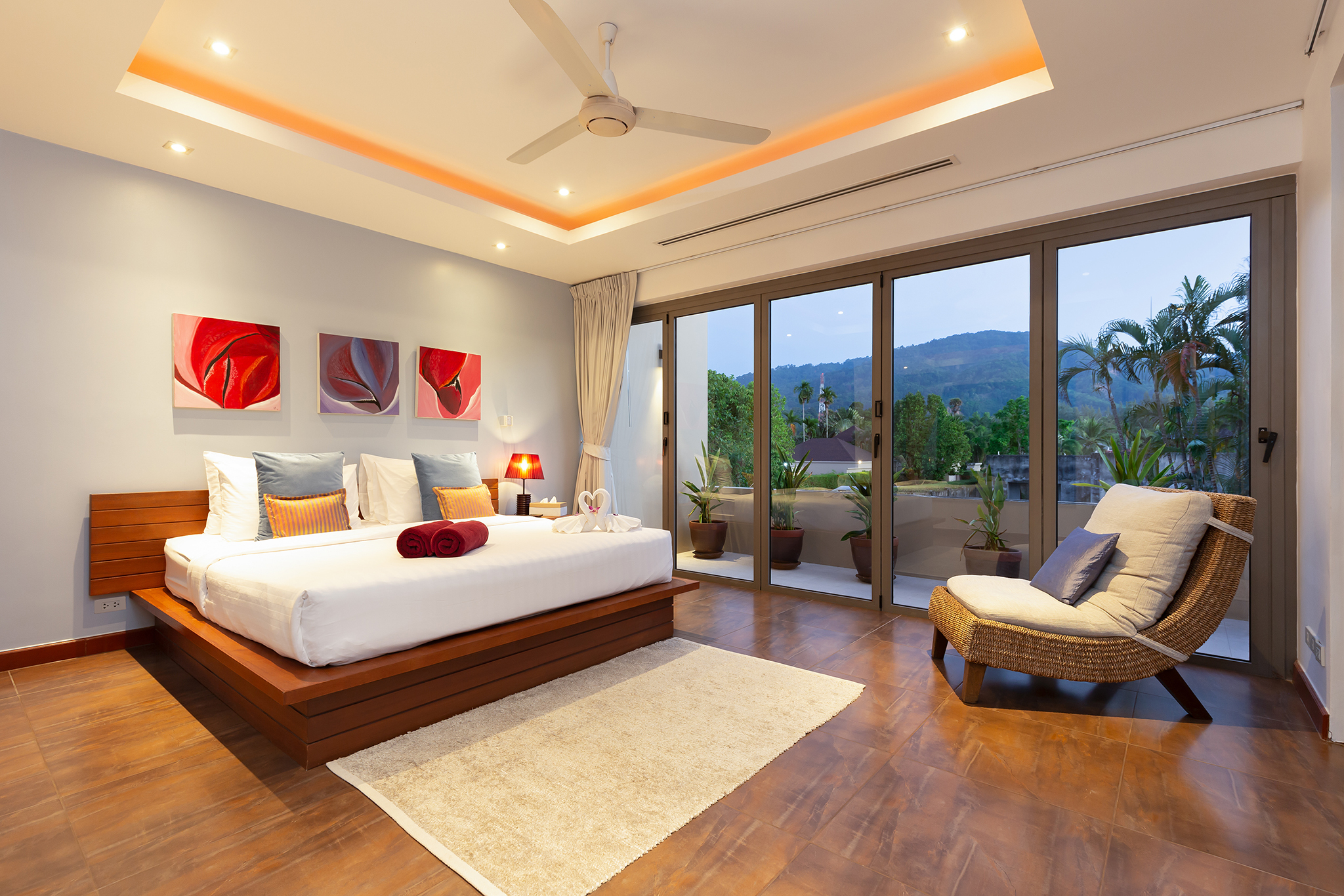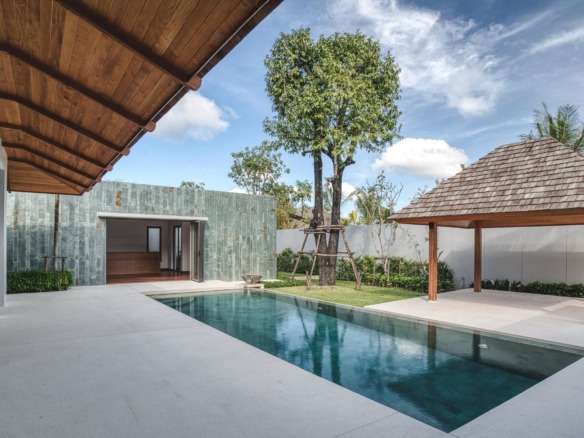Thailand’s tropical climate, world-class beaches, and thriving expat communities make it one of the most desirable countries in Southeast Asia to invest in real estate. Whether you’re considering a holiday home in Phuket, a condo in Bangkok, or a villa in Chiang Mai, understanding the legal framework around property ownership in Thailand is crucial—especially for foreigners. Here’s a comprehensive guide to help you navigate the process.
1. Can Foreigners Own Property in Thailand?
The short answer: Yes—but with limitations.
Foreigners are not allowed to own land outright in Thailand, but they can own buildings (such as villas or condos) and lease land under certain conditions. The most common property ownership structures for foreigners are:
2. Owning a Condominium
Easiest and most straightforward option.
Under the Thailand Condominium Act, foreigners can own up to 49% of the total sellable area of a condo project. Key points:
- The unit must be in a registered condominium building.
- Funds used to purchase must be transferred from overseas in foreign currency (documented with a Foreign Exchange Transaction (FET) Form).
- Ownership is freehold—you fully own the unit.
📝 Tip: Condos in Phuket, Bangkok, Pattaya, and Hua Hin are popular among foreign buyers.
3. Owning a Villa or House
While foreigners can’t directly own land, there are two common ways to own a villa:
a) Leasehold Ownership
- You lease the land for up to 30 years, with options to renew (often structured into 30+30+30-year agreements).
- You can own the structure (villa) on the land separately.
- You register the lease at the Land Office.
💡 Leasehold is the most common way foreigners “own” a villa in Thailand.
b) Through a Thai Company
- You can set up a Thai Limited Company to hold the land title.
- Foreigners can only own up to 49% of the shares; Thai nationals must own 51% or more.
- This structure should be used with legal and accounting guidance to avoid violating laws.
4. Long-Term Lease Options
In addition to the 30-year lease, you can register superficies or usufruct rights to gain control over the land for longer periods, especially if you’re married to a Thai citizen.
- Superficies: Gives you the right to build and own structures on land you do not own.
- Usufruct: Allows you to use and benefit from someone else’s land during your lifetime.
5. Due Diligence & Legal Support
Foreigners should always:
- Hire a reputable lawyer to review contracts and perform due diligence.
- Verify the title deed (Chanote is the preferred title).
- Ensure the property has proper permits and is not under any legal dispute.
- Register all contracts (leases, sales) at the Land Office.
6. Can You Get a Mortgage in Thailand as a Foreigner?
It’s difficult but possible. Some Thai banks like Bangkok Bank or UOB may offer mortgages to foreigners with strict conditions (e.g., high income, work permit, permanent residency). However, most property purchases by foreigners are cash transactions.
Final Thoughts
Owning property in Thailand can be rewarding, whether for lifestyle, retirement, or investment purposes. While the legal path is not as simple as in some countries, with the right structure and professional advice, foreigners can enjoy secure and hassle-free ownership—especially in resort destinations like Phuket, Samui, or Pattaya.
For personalized advice or to explore properties with foreign ownership options, contact a trusted real estate agent or legal advisor in Thailand.



